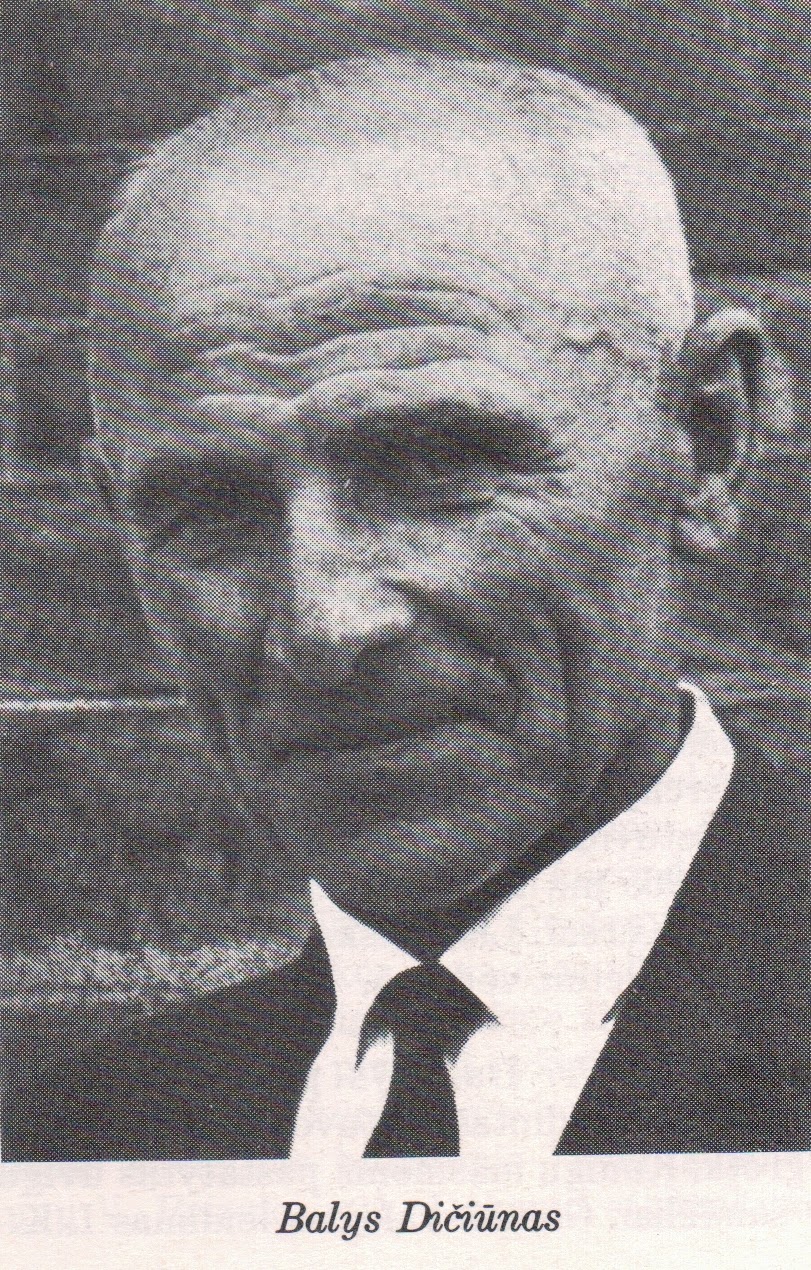SA Lithuanians awarded Australian medalsDAVIS, Isolde Ira
Award: Member of the Order of Australia (AM)
Date granted: 26 January 1995
Suburb: Henley Beach
Citation: In recognition of service to the Lithuanian community and to education
DICIUNAS, Algirdas Petros
Award: Conspicuous Service Medal CSM
Date granted: 08 June 1992
Citation: In recognition of service to the RAN as the Fleet Marine Engineering Officer servicing on the Maritime HQ staff
DICIUNAS, Algirdas Petros
Award: The Order of the British Empire - Member (Military) MBE(M)
Date granted: 31 December 1977
Citation: RAN - Postwar Honours List
DICIUNAS, Algirdas Petras
Award: National Medal
The National Medal is awarded for diligent long service to the community in hazardous circumstances, including in times of emergency and national disaster, in direct protection of life and property.
Date granted: 14 July 1977
DICIUNAS, Rimgaudas Adolfas
Award: Member of the Order of Australia (AM)
Date granted: 11 June 1990
Suburb: WOODVILLE SOUTH
Citation: In recognition of service to the RAN, particularly in the field of Marine Engineering HMAS Brisbane
JONAVICIUS, Jurgis George
Award: Medal of the Order of Australia (OAM)
Date granted: 26 January 2006
Suburb: Croydon Park
Citation: For service to the Lithuanian community, particularly through administrative roles in a range of sporting organisations.
KANAS, Sofija
Award: Medal of the Order of Australia (OAM)
Date granted: 13 June 1993
Suburb: Hyde Park
Citation: For service to multicultural organisations and to women’s health issues.
NEVERAUSKAS, Vytautas Stasys (OAM)
Award: Medal of the Order of Australia
Date granted: 26 January 1998
Suburb: St Marys
Citation: For service to the Lithuanian community, particularly as President of the Adelaide Lithuanian Association.
STATNICKAS, Vladas
Award: Medal of the Order of Australia (OAM)
Date granted: 08 June 1992
Suburb: South Plympton
Citation: (GENERAL DIVISION). For service to the Lithuanian community
VABOLIS, Janina
Award: Centenary Medal
Date granted: 01 January 2001
Suburb: Glenelg North
Citation: For service to the Lithuanian community, particularly through social and welfare services
VABOLIS, Janina
Award: Medal of the Order of Australia (OAM)
Date granted: 26 January 2001
Citation: For service to the Lithuanian community.
VASILIAUSKAS-VASKAS, Genovaite
Award: Medal of the Order of Australia (OAM)
Date granted: 26 January 1993
Suburb: Torrens Park
Citation: For service to the Lithuanian community
www.itsanhonour.sa.gov.au







